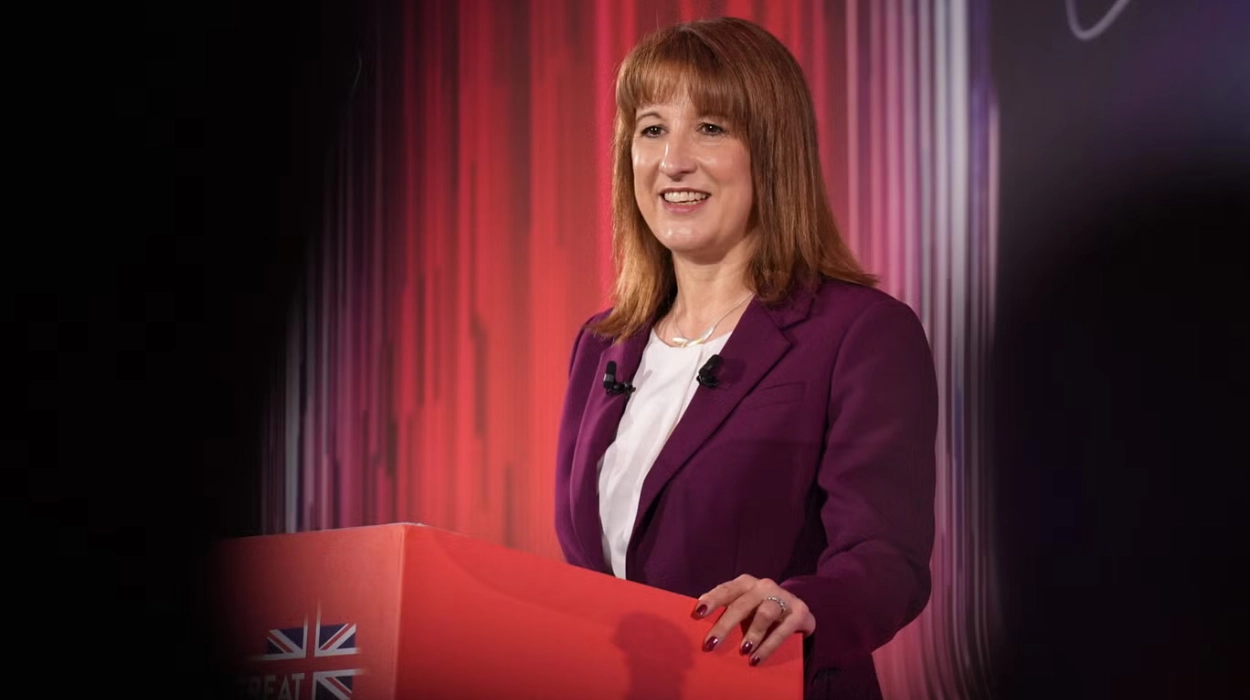UK (Parliament Politics Magazine) – Chancellor Rachel Reeves plans to scrap “arbitrary rules” and cut paperwork, saving UK companies £6bn ahead of the November Budget.
As reported by the Independent, Rachel Reeves announced plans to cut red tape and arbitrary rules, aiming to save thousands of businesses up to £6 billion a year by the next election.
At the Regional Investment Summit in Birmingham on Tuesday, she revealed a series of measures to revive sluggish economic growth.
Business and investor leaders gathered amid reports that UK borrowing in September hit its highest level in five years.
What did Rachel Reeves say about boosting investment and cutting red tape?
Rachel Reeves admitted the economy “is not working as it should” and pledged that next month’s statement will address steps to restore stability.
Figures from the Office for National Statistics add pressure on Ms Reeves ahead of the November 26 Budget, with economists warning of a £50 billion shortfall.
Speaking at the Edgbaston Stadium summit, she outlined plans to reform company mergers, drone regulations, and AI rules.
Ms Reeves explained that an AI “sandbox” would allow companies to create products under regulatory supervision. This would accelerate AI approval for use in “legal services, planning assessments, and advanced manufacturing.”
The Civil Aviation Authority will introduce measures to launch commercial drone use, allowing unmanned aerial vehicles to support activities from site surveys to NHS blood deliveries.
Panels reviewing company mergers will be reformed to give clear guidance on which transactions fall under merger control.
The Chancellor confirmed plans to cut red tape, creating simpler reporting for over 100,000 businesses and easing director report requirements to Companies House.
Ms Reeves said,
“Our mission is clear, to create the right environment for investment through our regulatory reforms, to crowd in capital through our public financial institutions, and to break down silos to collaboration on local projects, supporting innovation and growth throughout the UK.”
She said investment from the regional summit would create thousands of jobs and improve housing and local services.
The chancellor stated,
“I do not and I will not take for granted the confidence put in Britain by investors. I will not squander that trust.”
Ms Reeves said,
“I know that there is further to go until we have delivered economic growth in every part of Britain. Growth that is felt in every part of Britain. We will go further to boldly regulate for growth, not to hold business back with arbitrary rules.”
The Chancellor accused past Conservative governments of excluding “parts of our country” from investment.
She highlighted regional growth investment, including £6.5bn from US company Welltower to create thousands of elderly care beds, and the Crown Estate’s Harwell East acquisition, which could include labs, manufacturing space, and up to 400 homes.
Ms Reeves said,
“I don’t think that the past has to define our future. That’s why we are doing things differently. That’s why we are deregulating. It’s why we’re overturning the planning system. It’s why we are backing all regions of the UK with the capital spending that we’re putting in. Because I’m determined to defy those projections [from the OBR] and grow our economy quicker.”
She stated,
“We also know – and the OBR, I think, is going to be pretty frank about this [in its next report on the state of the economy, published to coincide with the budget on 26 November] – that things like austerity, the cuts to capital spending and Brexit, have had a bigger impact on our economy than even was projected back then.”
The chancellor added,
“That’s why we are unashamedly rebuilding our relations with the European Union to reduce some of those costs that were, in my view, needlessly added to businesses since 2016 and since we formally left a few years ago.”
How does the government plan to drive growth and reform regulations?
The National Wealth Fund plans to finance £104 million for renewable wind projects in Norfolk and Orkney, alongside building a heat network in Hull.
Business Secretary Peter Kyle said the UK’s economy would be 21% higher if the pre-2008 growth trend had continued uninterrupted by crises such as the financial crash, pandemic, or Brexit.
He said the UK faces a “national growth emergency” inherited from the Tories, which “requires a national response matching the urgency, scale and significance of Britain’s continuing economic growth challenge.”
Earlier this year, the government pledged to lower the administrative cost of regulation by 25% before the end of the parliament.
Rachel Reeves said UK firms could save nearly £6 billion annually, with recent red tape cuts since March expected to add £1.5 billion to the total.
The Chancellor unveiled the “Leeds reforms” in July, promising the most extensive changes to financial sector regulations in a decade.
The reforms involve changing bank ring-fencing rules and cutting excessive City regulations to restore informed risk-taking in finance.
What is the UK National Wealth Fund?
The UK’s National Wealth Fund’s core purpose is to attract private investment into key sectors like clean energy, ports, and manufacturing to support the UK’s transition to a green, high-growth economy.
It will be administered by the UK Infrastructure Bank, making it a “one-stop shop” for major investment projects, streamlining the process for both public and private capital.


